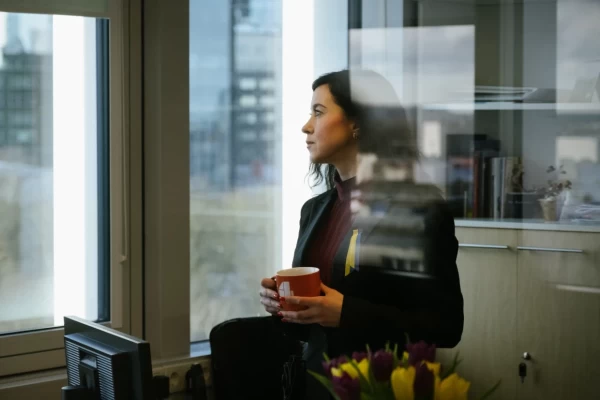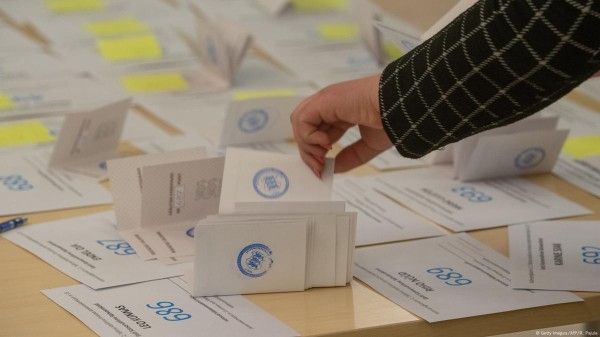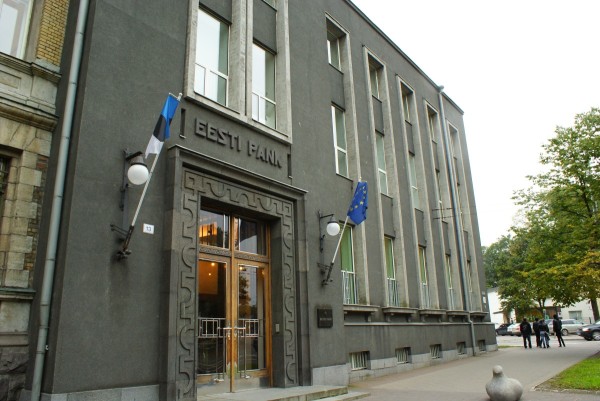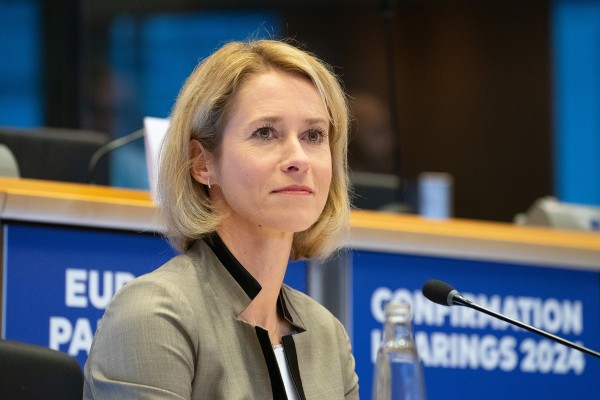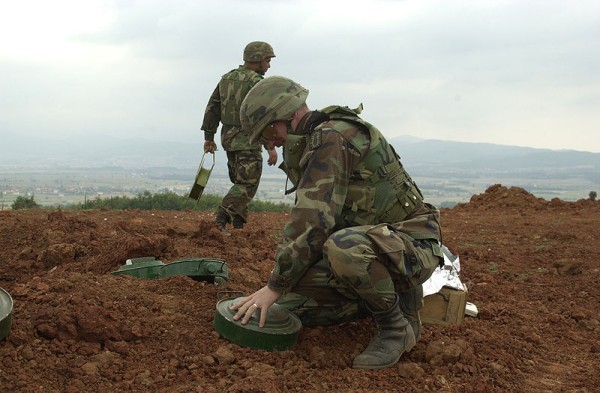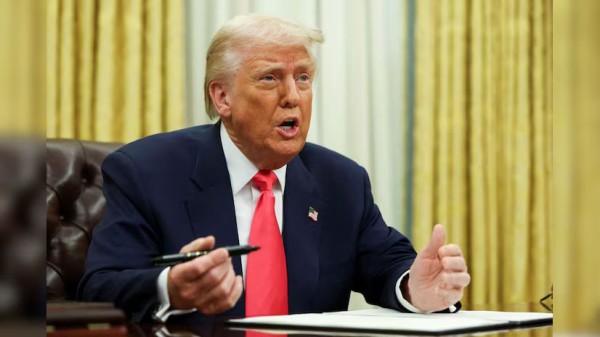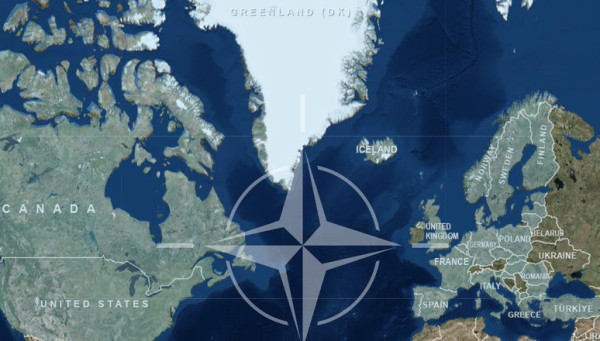NARVA, Estonia — This city of about 55,000 on the border with Russia could be at the edge of a new Iron Curtain created by Russia’s invasion of Ukraine. It’s a place between two worlds, where Russia and Russian identity meet Estonia and the West.
That’s apparent even in the architecture: Hard-edged brutalist buildings of the Soviet era house or sit between sushi restaurants, a German grocer and a startup incubator. A curvy new shopping center that boasts shops like H&M contrasts with a well-guarded and busy border checkpoint less than a mile away. Around 3,000 people cross daily. Russians come to Estonia to buy cheese they can’t buy at home or other Western goods, and Estonians sometimes travel to Russia for cheap fuel and building supplies.
Estonia, as well as the neighboring Baltic countries of Latvia and Lithuania, have populations that reflect that mix and the tense geopolitics. Many here describe three camps among Russian speakers. About a third entirely oppose Russia’s war in Ukraine, while a middle group says it desires peace but expresses a sense of confusion among vacillating reports from Western news media and Russian propaganda sources. A small minority support Russia’s invasion.
Advertisement / Reklaam
Advertisement / Reklaam
As Russia persists in its attacks in Ukraine under the guise that it is protecting ethnic Russians in the Donbas regions and the false claims that it is rooting out Nazis, there are concerns that the Russian speakers in the Baltics could provide another avenue for President Vladimir Putin to expand Russia’s sphere of influence. Some also believe the group could be manipulated by Moscow — and the propaganda that is broadcast across borders — to become unwitting agents in the new Cold War that’s beginning to take shape. Adding to the volatile circumstances, more Russians who are likely to oppose Putin are also crossing the border as they flee the country’s crackdowns and spiraling economy.
“We realized that we were at great risk and had to leave,” said Felix, a Russian IT professional who asked that his surname be withheld out of fear of the Kremlin. “When the war started, we thought that there was a very high probability that all possibilities to go abroad, to come from abroad and so on would simply be closed — the Iron Curtain would fall.”
Felix had attended and helped organize weeks of protests before rumors of martial law and tightened border security persuaded him to flee for Estonia with his family. They still had tourist visas from a recent visit and wiped their social media accounts and phones of any material that might be deemed opposition to Putin or the war in Ukraine.
Russian identity and the Russian language were once considered political issues that were used in elections, said Dmitri Teperik, the chief executive of the International Centre for Defense and Security in Tallinn, who previously led a number of efforts to integrate Russian speakers in Estonia. That has changed.
Advertisement / Reklaam
Advertisement / Reklaam
“Unfortunately, since 2014 the discourse within our society shifted to see the Russian-speaking population through the prism of security,” Teperik said.The former government official lamented that Estonia’s integration efforts were reactionary in the past. In 2007, after the Estonian government chose to move a bronze statue of a Soviet soldier in the capital that many viewed as a symbol of repression, pro-Kremlin activists started a riot.
After that, Teperik said, Estonia pursued greater methods of outreach, which the government repeated every time Russia lashed out: Georgia in 2008, Crimea in 2014 and now in 2022.
“These were all very serious signals,” Teperik said, “and our politicians and state authorities became very much concerned with the now famous question: ‘Will Narva be next?’”
https://www.nbcnews.com/news/w...






